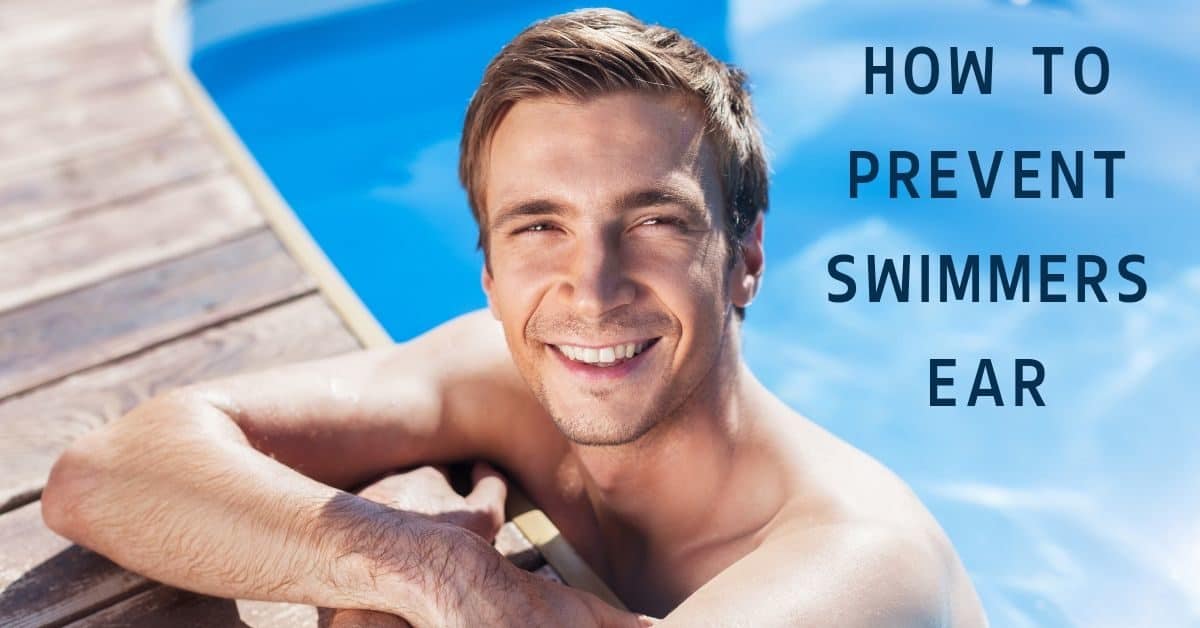- How to Know When It’s Time to Replace Your Hearing Aids - July 8, 2024
- Hearing Aid Repair and Cleaning Best Practices - June 24, 2024
- The Lifelong Benefits of Early Detection and Addressing Your Hearing Loss - June 10, 2024
Swimming in lakes and rivers is great fun and a wonderful way to cool off during the summer. However, it’s important to stay safe. Regular swimming increases the chances of getting otitis externa, also known as swimmer’s ear.
Impacting one in 200 Americans each year, 3-5% chronically, it is generally associated with a person who spends a lot of time on the water as the name indicates. The risk is also higher for surfers and others subjected to moist and warm circumstances, such as those living in humid climates.
What are the symptoms?
An inflammation of the external ear canal is the principal cause of swimmer’s ear. Being exposed to watery conditions on a regular basis can make the ear canal more susceptible to this inflammation.
Symptoms of swimmer’s ear include a pain or an urge to scratch the inside the ear. Fluid might be found leaving the ear canal, and some sufferers have even experienced a temporary hearing loss. This usually comes from a fluid blockage, which prevents sound waves from entering the ear canal.
The infection may worsen if not treated and become very painful. It might be awkward to move your jaw, and additional complications could occur, such as the infection spreading outside your external ear.
What causes Swimmer’s Ear?
There are several likely causes of swimmer’s ear:
- If there is damage to the skin from foreign objects inserted into the ear, this may cause inflammation and infection.
- There may be impacted earwax in the ear, which starts to cause an irritation. Of there might be water trapped underneath the wax, which leads to an infection.
- As mentioned before, people living in hot and humid climates are more likely to get Swimmers Ear without even hitting the pool. Warm moist weather increases the probability of ear canal inflammation.
- Swimming makes it more likely that you get excess water in the ear afterwards. When this water is left there, it could lead to an infection.
- The skin inside the ear can be inflamed by excess water, shampoo or soap.
- Skin issues like eczema or psoriasis can boost the likelihood of developing ear canal issues.
How do I prevent swimmer’s ear?
Prevention of swimmer’s ear is based on reducing the likelihood of tearing or damaging the skin inside your ear and getting water in your ear. So, take some precautions to avoid these two things in order to prevent the condition this summer.
- Take precautions when swimming
You can think about wearing a close-fit swimming cap over your ears to keep your ears dry while swimming. A similar effect can be achieved with a special swimming headband the headband will also keep your earplugs in place, if you are wearing them. Also, wear earplugs. A good hearing aid practitioner will also be able to supply custom-fitted swimming earplugs based on an impression of your ears. These will also serve to keep the moisture out of the way when in the water by forming a waterproof seal.
- Take care when drying your ears
Use a dry tissue or alcohol-free wipe after showering to clean the front of the ear. Make sure that cotton buds, tissues or material aren’t used to reduce the moisture in our ear. Let your ears dry slowly. Don’t scratch your ears or put anything on your ears and definitely don’t use cotton buds. They can push earwax further into your ear canal, increasing the chances of both swimmer’s ear as well as a host of other outer-ear conditions.
- Take Good Care of Your Skin
You are more likely to have swimmer’s ear if you suffer from eczema, allergies or seborrhea. Keeping your skin inside the ear canal clean and undamaged is important. Scratched, dry or damaged skin can quickly lead to an infection, so if you suffer from these conditions in your ear canal, it’s best to see a doctor. You could have dry, itchy ears even without these conditions.
Roseville Diagnostic Hearing Center
We sell custom fit swimmer’s earplugs which have been fit to your unique hearing profile to successfully block out moisture while swimming. For more information on these, please schedule an appointment with us.

